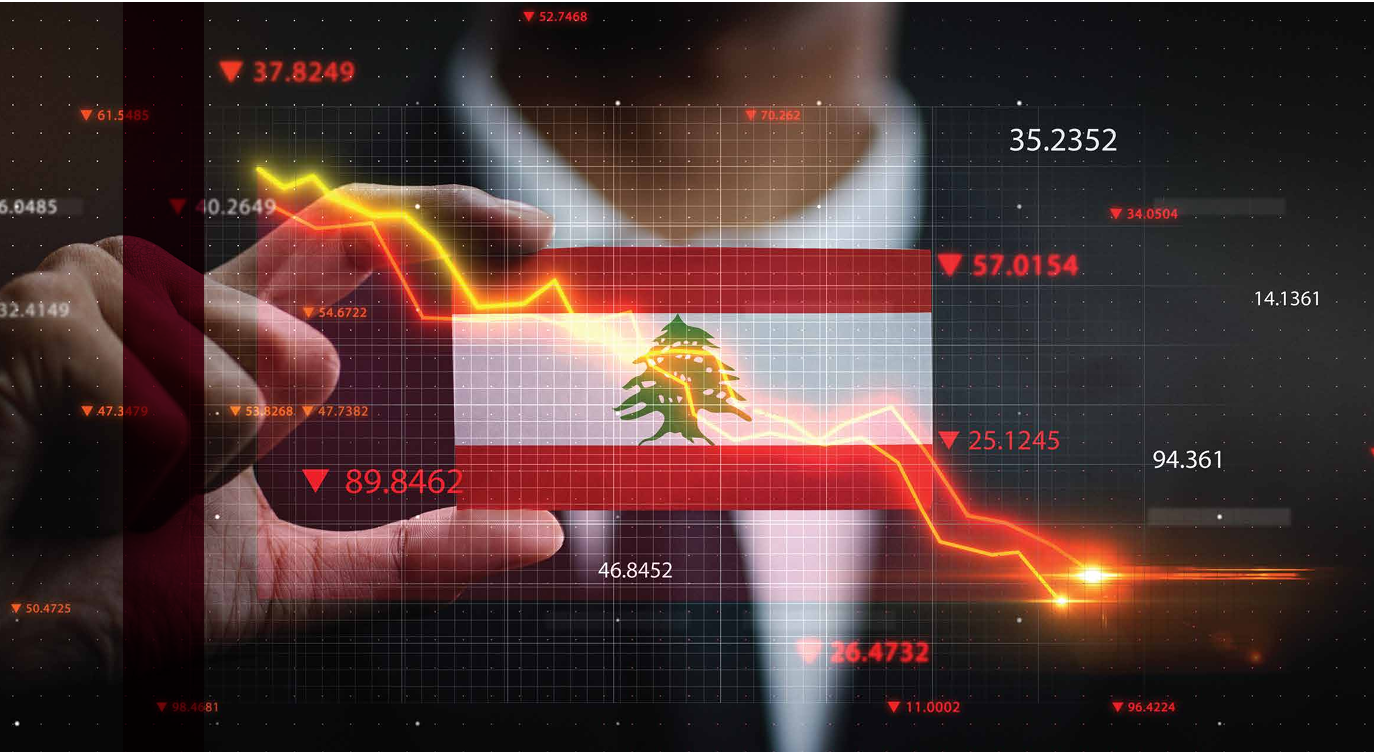
Explore Lebanon’s budget battles in the middle of economic chaos, discover the critical importance of the public budgets and their role in shaping recovery and resilience.
In the complicated world of governance, the public budget is a powerful tool that shapes economies and societies. It’s like a compass guiding nations through a lack of resources and conflicts.
Global challenges like the Covid-19 pandemic, the Ukraine war, and the Israel-Palestinian conflict have thrown nations into economic disasters and disrupted global trade. The International Budget Partnership’s Open Budget Survey in 2021 responded to this crisis, highlighting the crucial role of public budgets in leading recovery efforts.
In the public sphere, budgetary decisions — allocations, cuts, or investments — are like moves on a chessboard. These decisions can determine whether a nation withstands or succumbs to challenges.
Take Lebanon as an example. Still recovering from the 2019 economic crisis, this country experienced a massive 98% devaluation of its currency. Banks denied depositors access to their savings, and over 80% of the population fell into poverty. Despite setting a zero-deficit budget law in 2024, Lebanon is up against realities that could hinder its financial stability.
A look into Lebanon’s annual budgeting process reveals a path full of obstacles. Missing economic forecasts in the budget circular, no audited reports, and unconstitutional budget approvals by the parliament without closing the previous ones for twenty-four years. These issues undermine transparency and accountability.
Lebanon sticks to old budgeting practices that don’t link spending to goals or services. While other countries have moved forward, Lebanon’s budget law is just an accounting drill, lacking strategic vision.
Lebanon’s troubles are compounded by data gaps, a lack of capacity, and currency devaluation, which have hampered financial management and worsened budgetary challenges. The lack of integrated information systems further weakens accountability and credibility.
But there’s a silver lining. There’s hope for change. Efforts to strengthen core institutions, simplify procedures, and improve budget coverage could lead to significant transformation. By getting stakeholders on board and adopting change management principles, Lebanon could set the stage for a more resilient and transparent budgeting process. The nation is already working on that aspect by further involving its citizens by creating and publishing simplified versions of the budget, called the ‘citizen budget’.
The road to financial stability doesn’t end here. To break the current deadlock, Lebanon needs to overhaul its tax system, adopt progressive taxation, and phase out preferential treatments. By promoting fairness and transparency, Lebanon could navigate towards economic recovery and long-term resilience.
In the face of adversity, Lebanon stands at a crossroads. By seizing the opportunity for reform, it could emerge economically stronger. And although it was a tough journey, unwavering determination and collective effort could make it possible to light up a brighter future for generations to come. Lebanon’s already taking a small step towards international standards… so this tale of resilience serves as a beacon of hope for nations worldwide, showing the transformative power of public budgets in times of crisis.
References:
International Budget Partnership. (2021). Open Budget Survey 2021. Retrieved from https://internationalbudget.org/wp-content/uploads/Open-budget-survey-2021-1.pdf
World Bank. (2023, May 16). Lebanon: Normalization of Crisis Is No Road to Stabilization. Retrieved from https://www.worldbank.org/en/news/press-release/2023/05/16/lebanon-normalization-of-crisis-is-no-road-to-stabilization